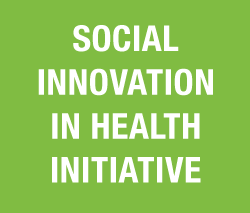Kyaninga Child Development Centre
KCDC aims at creating equal opportunities for children living with disabilities through utilizing a holistic approach that ensures multi-stakeholder engagement in management and care of children with disabilities.
CONTINENT
Africa

COUNTRY
Uganda
Location
Kabarole District
Founding year
2014
Website
www.kyaningacdc.org
Organizational structure
NGO, Social Enterprise
Health focus
Child Health
Actors Involved
Community, Patients
Programme Focus
Service Delivery, Community Mobilisation, Training, Education
Health System Function
Service Delivery, Human Resources for Health
CHALLENGE
In Uganda, more than 12% of children are living with disabilities, with 9,349 children (2-17 years) in Kabarole district. Communities associate disabilities with negative socio-cultural myths which promote discrimination of families with disabilities and discourage affected families from seeking health care for their children. In addition, there is poor understanding of disability among healthcare workers and there are very few trained therapists to provide adequate therapeutic and rehabilitation services. Despite the existence of some therapy centres which provide services, the travel and treatment costs often prohibit families from seeking care. Majority (85-90%) of the families that KCDC supports live in extreme poverty, surviving on less than $2 a day, and so do not have sufficient income to support the high costs of caring for children with a disability (CWD). CWDs also have disproportionately unequal opportunities for other basic needs, for instance in Uganda, over 90% of the children are enrolled into primary school, yet only 9% of CWDs are enrolled into primary school. 40% of the children that KCDC works with have cerebral palsy, 21% have developmental delay, 13% have severe speech/language difficulties and of all these children, 27% have severe malnutrition and 25% have a form of epilepsy.
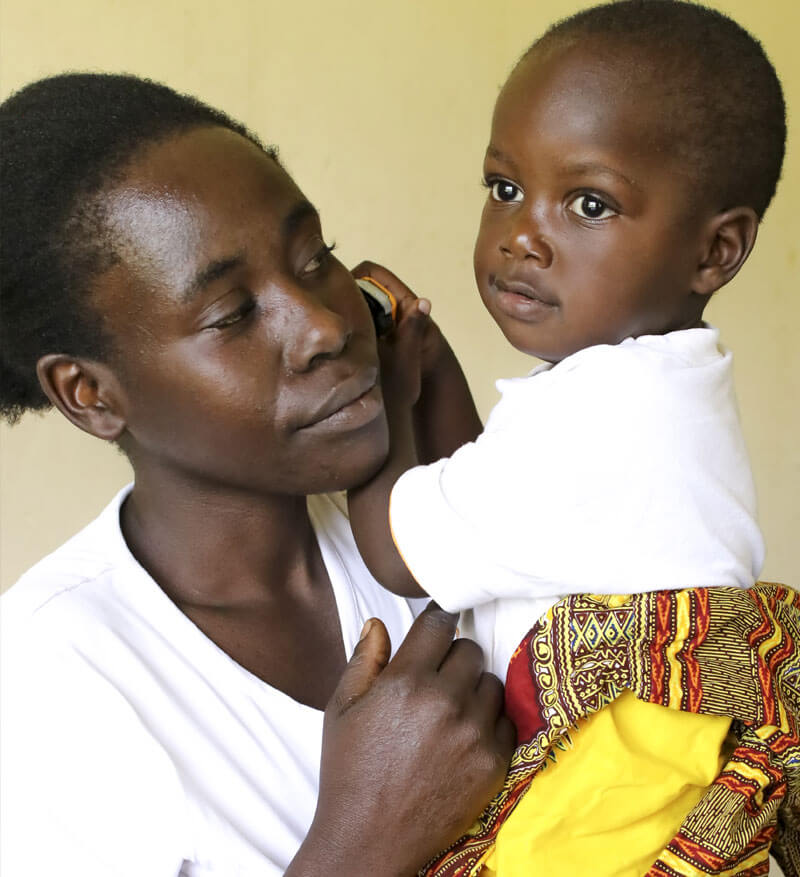
“The relationship (with the local community) is really good because we are having clients who are being referred to us from people around and for example with other organizations like schools, other health centres. We are really working in partnership with them because they send us children, we go to their centres to do our work from there and some of our work, we do from churches. So the relationship is really good and people are appreciating that is why they have been referring children to us.”
– Golden Charlotte, KCDC Orthopaedic Officer
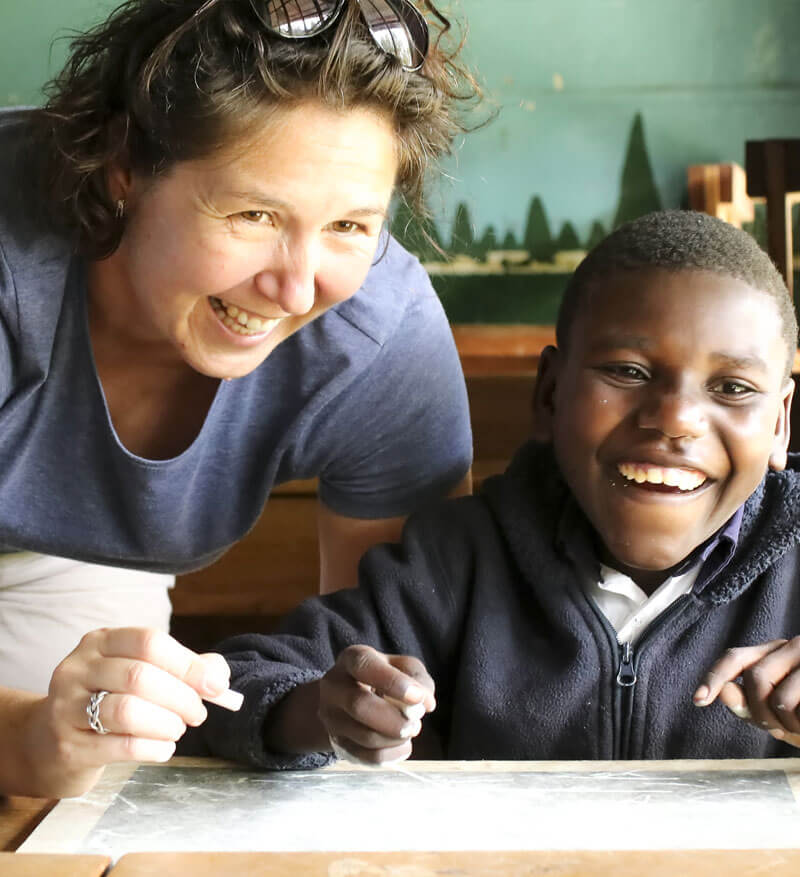
INTERVENTION
“So many children have more severe disabilities than should be because of lack of intervention and lack of knowledge not just by parents but by health care providers as well…. we are providing training to health care workers, community workers, teachers, and parents and care givers in identification, understanding and management of children with disabilities.”
– Ms. Fiona Beckerlegge, Co-Founder of KCDC
Since KCDC began in 2014, 1041 CWDs have been reached with therapeutic and rehabilitative services. Additionally, 265 medical staff, 30 teachers, 50 community workers and 3500 caregivers have been sensitized on disabilities and trained to give the necessary therapeutic services. More than 425 pieces of specialist adaptive equipment have been provided to CWDs and 40% of school-age children registered with KCDC have been enrolled in school.
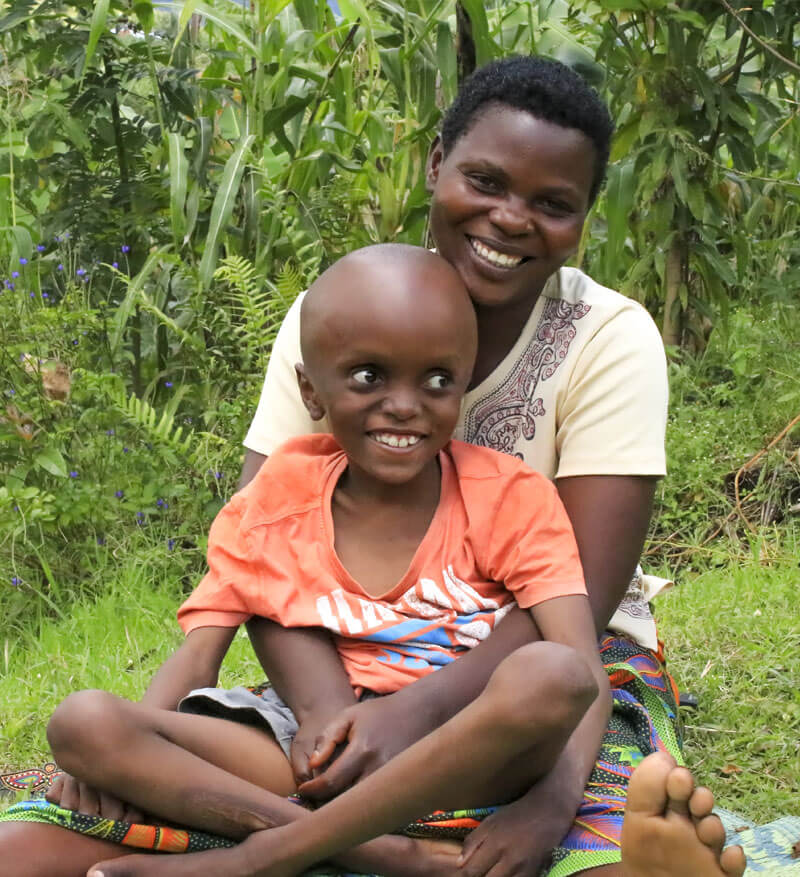
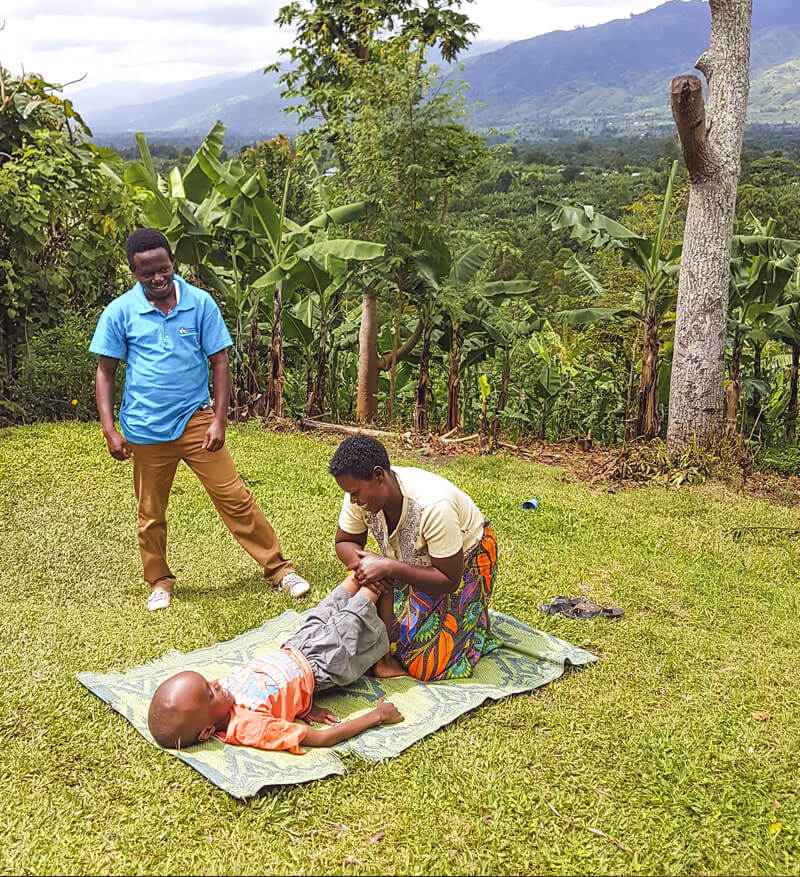
CASE INSIGHTS
“I thought my son was the worst but I see that I am lucky, and I have hope that he will continue to improve….. I felt so alone but I have met people who have problems and difficulties like I do and we can support each other now.”
– KCDC Beneficiary
